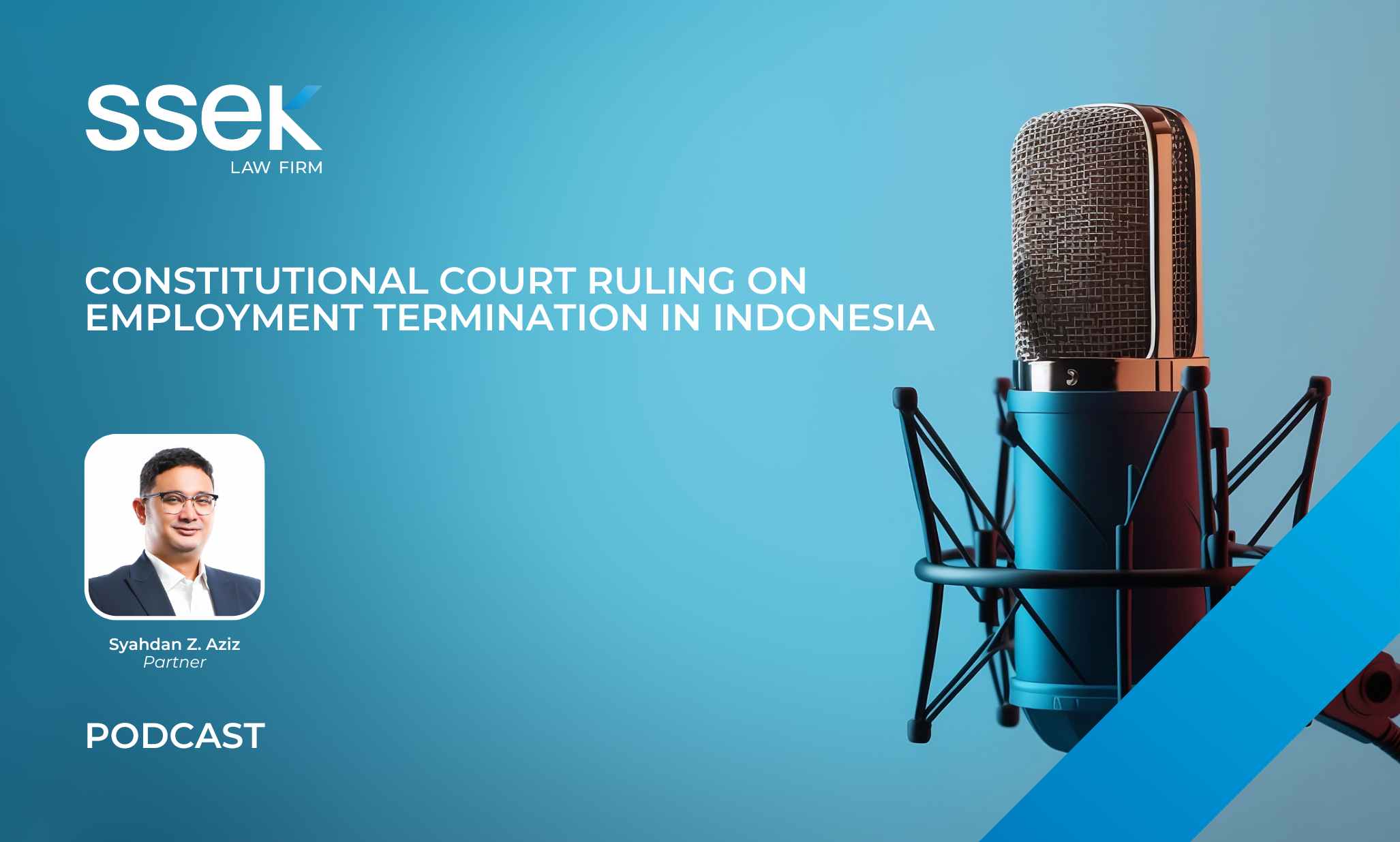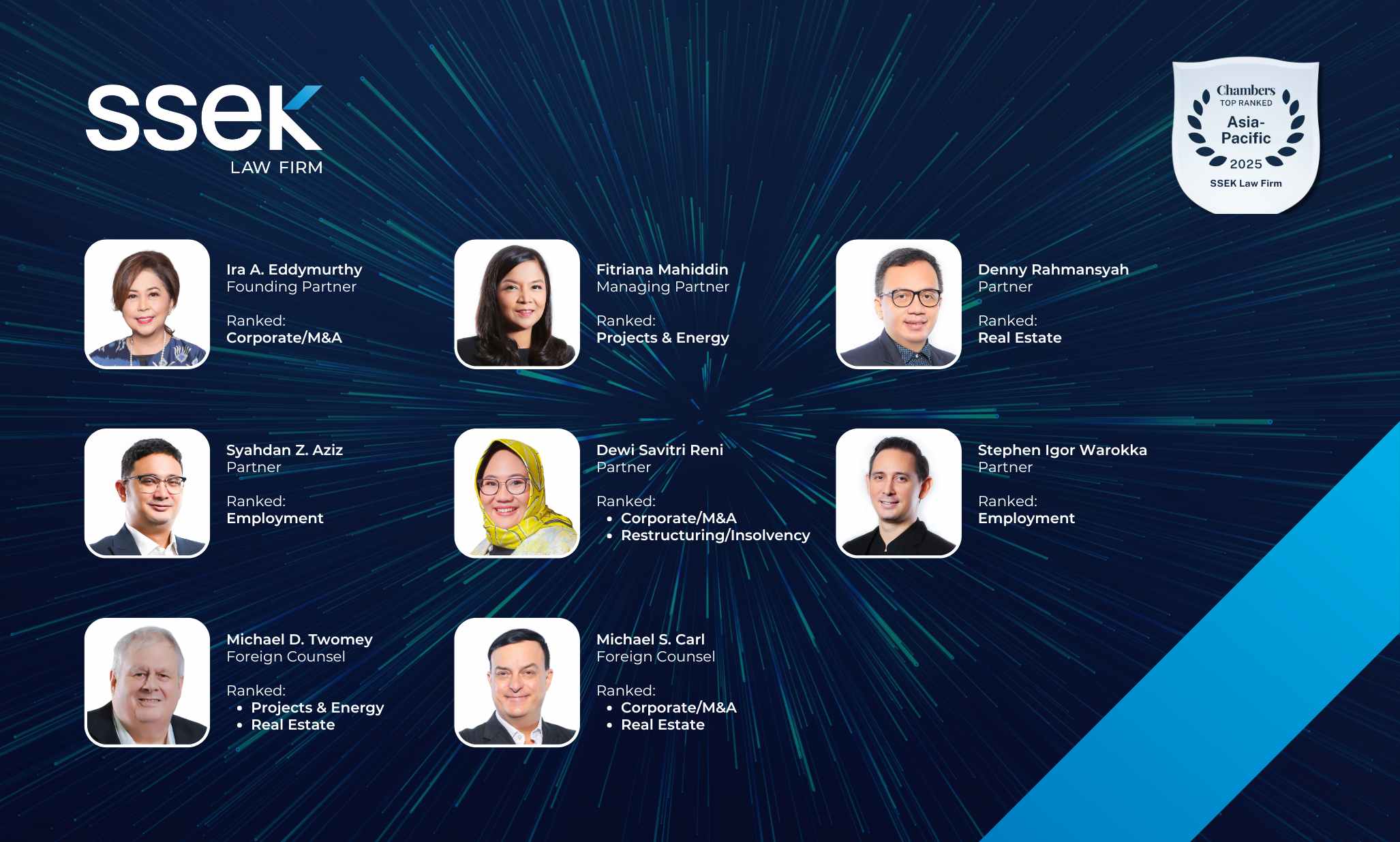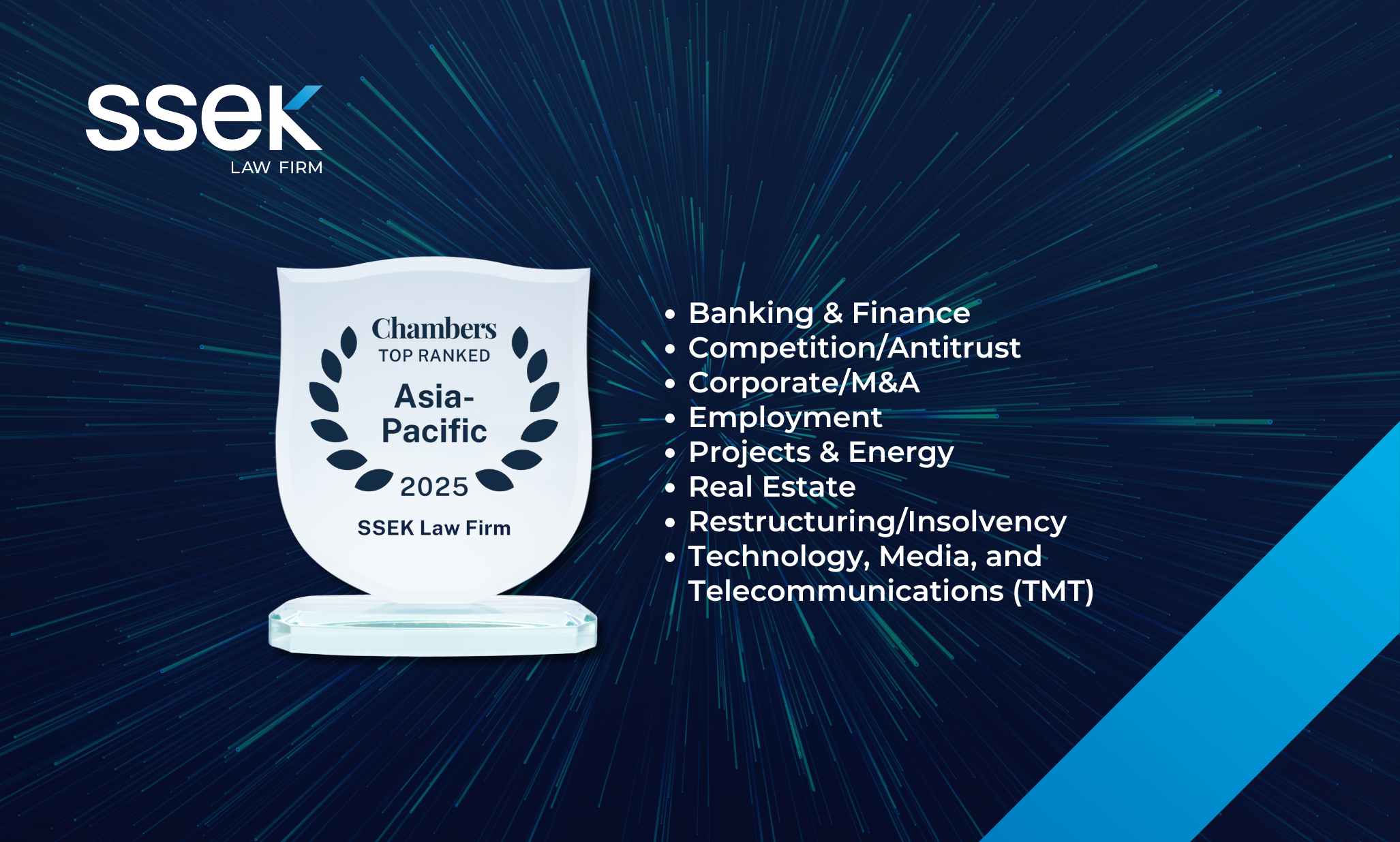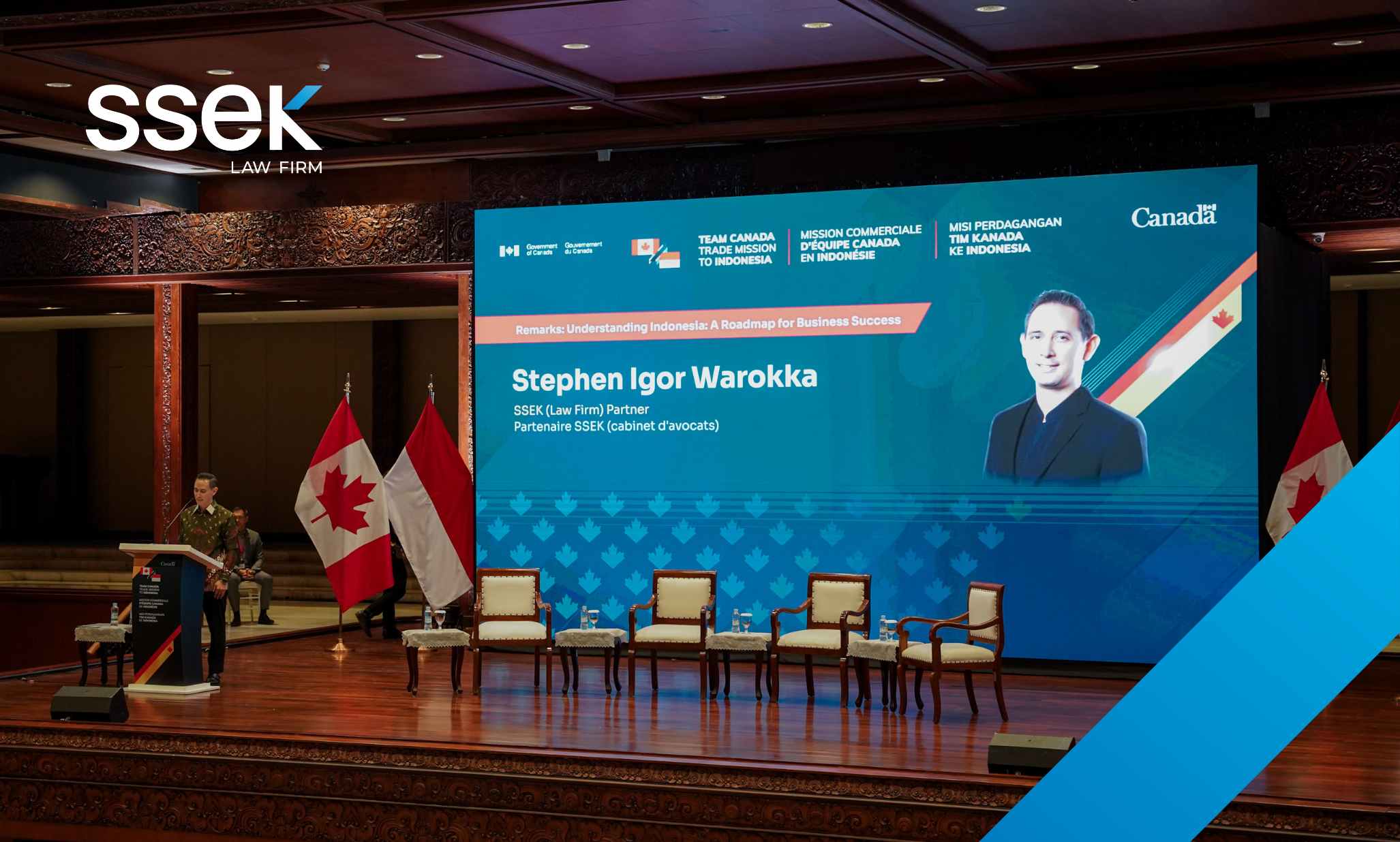

On December 30, 2013, the Indonesian Minister of Manpower and Transmigration (MOMT) issued MOMT Regulation No. 12 of 2013 regarding Procedures for Employing Foreign Manpower (MOMT Reg 12). This new regulation revokes the 2008 MOMT Regulation (No.PER.02/MEN/III/2008) on the same subject.
The new regulation contemplates several changes to the previous 2008 regulation and introduces a useful new mechanism on the temporary hiring of a foreign worker. The more salient points of the new regulation are as follows:
Requirements to Hire a Foreign Worker
MOMT Reg 12 provides that a foreign candidate must meet several requirements: (i) possess educational qualifications suitable for the intended position; (ii) possess competency certificates or work experience of at least five years suitable for the intended position, (iii) sign an undertaking to transfer knowledge to the Indonesian counterpart; and (iv) be able to communicate in the Indonesian language.
Previously, the 2008 regulation merely required either point (i) or (ii), whereas the new regulation requires that both requirements be met. The language requirement is not new and there is no indication that there will be any change of policy in that regard.
Expatriate directors and commissioners, or those employed in entertainment business services (usaha jasa impresariat) or for work that is temporary in nature (see below), are exempt from the above four requirements. This exemption was not available under the 2008 regulation.
Foreign Worker Utilization Plan
The company is required to complete a foreign manpower utilization plan, or RPTKA (Rencana Penggunaan Tenaga Kerja Asing), to be approved by the MOMT. The supporting documents now include a written Indonesian Counterpart Mentoring Program Plan (Rencana Program Pendampingan) in addition to the appointment letter of the Indonesian counterpart trainee.
Hiring Foreign Workers for Temporary Work
MOMT Reg 12 provides a new mechanism to obtain a work permit for temporary work, which is described as (i) one-time work or pekerjaan sekali selesai (which we construe as work on a project basis), or (ii) work that is related to machinery installation, electricity, after-sales service, or products in a business trial stage. The RPTKA for temporary work is valid for a maximum of six months and cannot be extended.
Similarly, the work permit (Izin Mempekerjakan Tenaga Kerja Asing or IMTA) for temporary work is valid for a maximum of six months. This new work permit for short projects and the installation of new equipment, etc. should be quite useful in practice. Previously, expatriates would perform such activities using business visit visas, which was arguably beyond the scope of permitted activities for business visitors.
Simplified Process for Expatriates Married to Indonesians
As part of the process of hiring foreign workers, the employer must still process the work permit (IMTA) but first has to obtain a visa (TA-01) recommendation letter from the MOMT.
MOMT Reg 12 now contemplates that expatriates married to Indonesians are exempt from the TA-01 requirement.
About SSEK
SSEK is a leading full-service corporate and commercial law firm based in Jakarta, Indonesia. Since its founding in 1992, SSEK has grown to one of the largest and most highly regarded corporate law firms in Indonesia. SSEK is recognized by independent legal directories including Chambers & Partners, The Legal 500 and Asia Law as a leading law firm in Indonesia across all major practice areas including banking and finance, capital markets, corporate law and mergers and acquisitions, construction and real estates, energy and natural resources, IT and telecommunications, labor and employment, project finance, restructuring and insolvency, and shipping. SSEK has been named the Indonesian Law Firm of the Year on multiple occasions.
This publication is intended for informational purposes only and does not constitute legal advice. Any reliance on the material contained herein is at the user's own risk. You should contact a lawyer in your jurisdiction if you require legal advice. All SSEK publications are copyrighted and may not be reproduced without the express written consent of SSEK.









